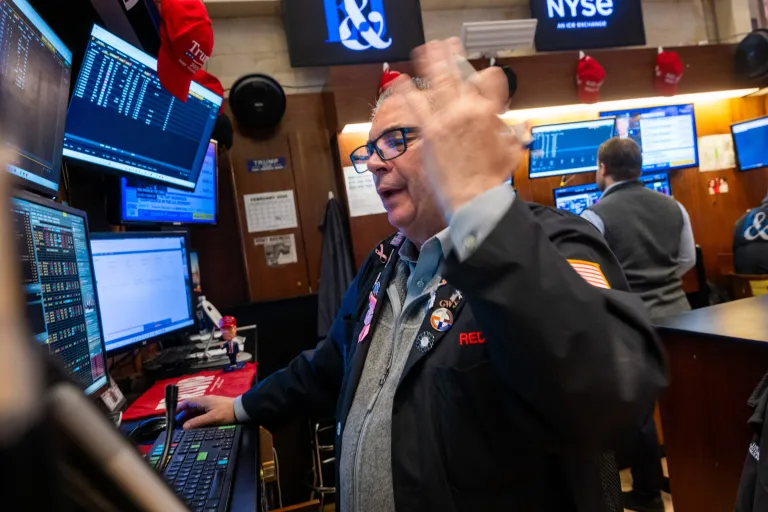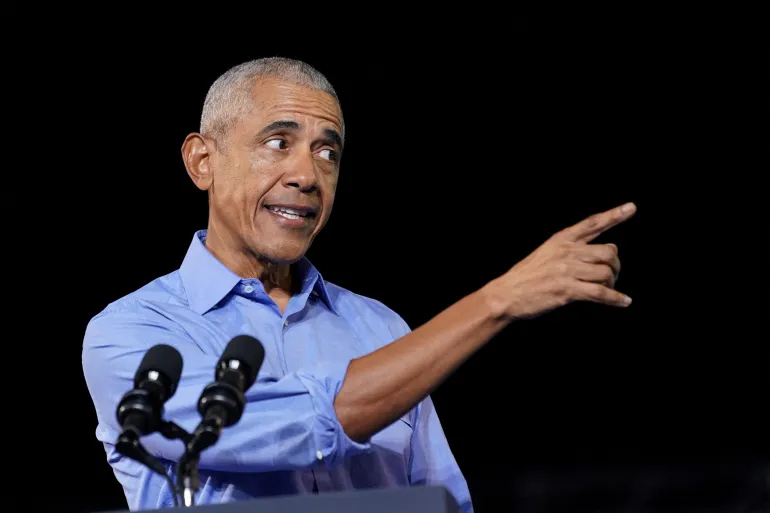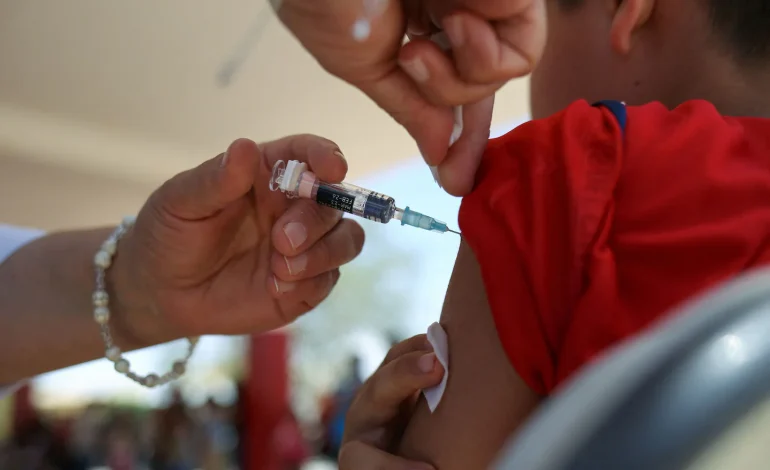A new study published in The Lancet warns that progress in global childhood vaccination has slowed significantly in recent years, placing millions of children at increased risk of vaccine-preventable diseases such as measles, polio, and diphtheria, the Washington Post reports.
The report, which analyzes 50 years of vaccination efforts under the World Health Organization’s immunization program, found that while vaccination campaigns have saved over 150 million lives since 1974, gains in recent decades have faltered due to a combination of persistent inequality, vaccine hesitancy, and the aftershocks of the COVID-19 pandemic.
According to the study, global coverage for key vaccines nearly doubled between 1980 and 2023. However, progress plateaued between 2010 and 2019 and, in some areas, has reversed. The decline has not been limited to low-income countries. Among 36 high-income countries analyzed, 21 showed decreases in coverage for at least one major vaccine.
“The monumental efforts of the past 50 years have not been universally successful,” said Dr. Jonathan Mosser, a senior author of the study and researcher at the University of Washington’s Institute for Health Metrics and Evaluation. “Many children remain under- or unvaccinated, especially in regions with limited access to routine immunization programs.”
The pandemic was a key factor in the decline. Global vaccination rates dropped sharply in 2020 and had not returned to pre-pandemic levels by 2023. The result, the study warns, is that tens of millions of children missed routine vaccinations, increasing the risk of disease outbreaks.
The consequences are already visible. In the United States, for example, more than 1,000 measles cases have been confirmed this year, with outbreaks in 23 states. Similar surges have been reported in other countries, particularly in areas affected by conflict or disrupted health systems. In Sudan, civil unrest in 2023 cut DTP (diphtheria, tetanus, and pertussis) vaccine coverage nearly in half.
Kate O’Brien, director of immunization at the WHO, acknowledged the success of past efforts but emphasized that immunization progress has stalled.
“Unless we intensify efforts to reach more children through equitable routine immunization programs, increase domestic investment, and strengthen vaccine confidence and demand, we risk undoing years of hard-won progress,” she said in a statement.
The study also highlights the growing impact of vaccine hesitancy and misinformation, which WHO had previously identified as a major global health threat. These challenges have contributed to reduced public trust in vaccines, particularly in the wake of the COVID-19 pandemic.
Funding cuts may further compound the issue. The study warns that budget reductions, particularly in lower- and middle-income countries, could jeopardize immunization programs and raise costs in wealthier nations due to more frequent outbreaks. US policy decisions could play a role, with recent documents indicating planned reductions in contributions to organizations like Gavi, the Vaccine Alliance, which supports vaccination in the world’s poorest countries.
Experts not involved in the study also raised concerns. David Heymann, a professor at the London School of Hygiene and Tropical Medicine, emphasized the role of public trust in maintaining vaccination programs and urged governments to prioritize clear, evidence-based messaging.
Sir Andrew Pollard, director of the Oxford Vaccine Group, described the study’s findings as a “worrying trend” that could worsen amid global health funding cuts. He warned that any undermining of public confidence or rejection of scientific guidance “risks further drops in coverage and avoidable disease outbreaks.”










The latest news in your social feeds
Subscribe to our social media platforms to stay tuned